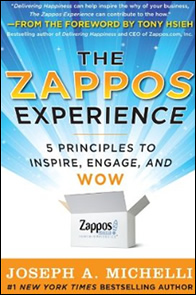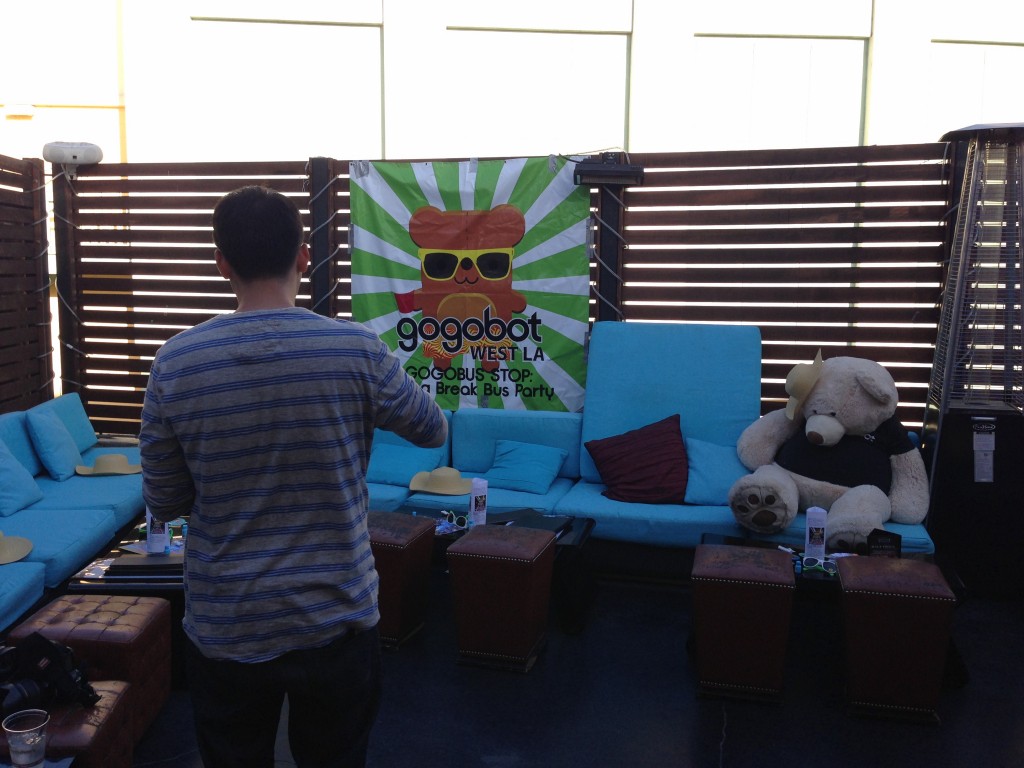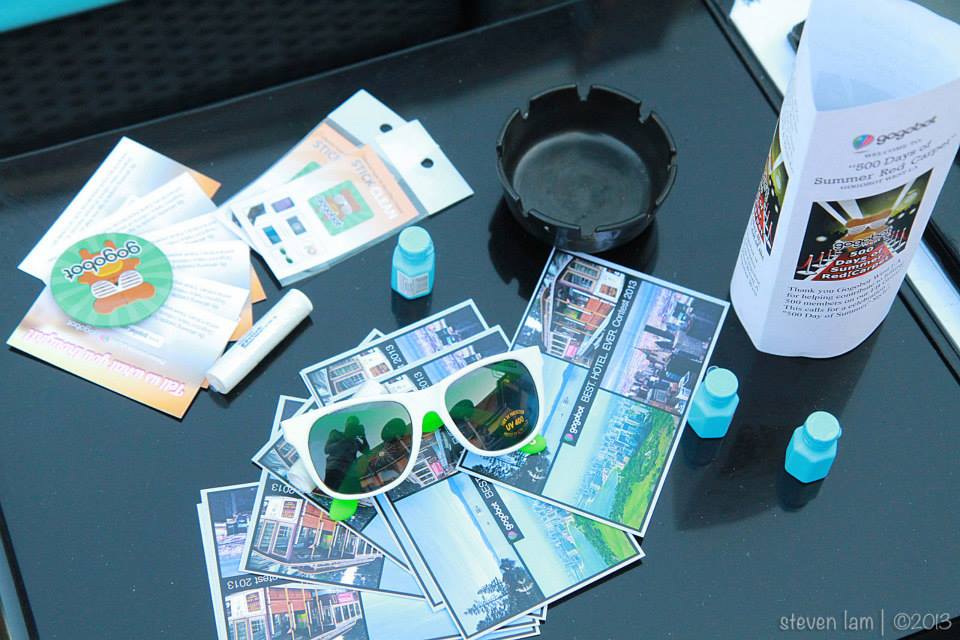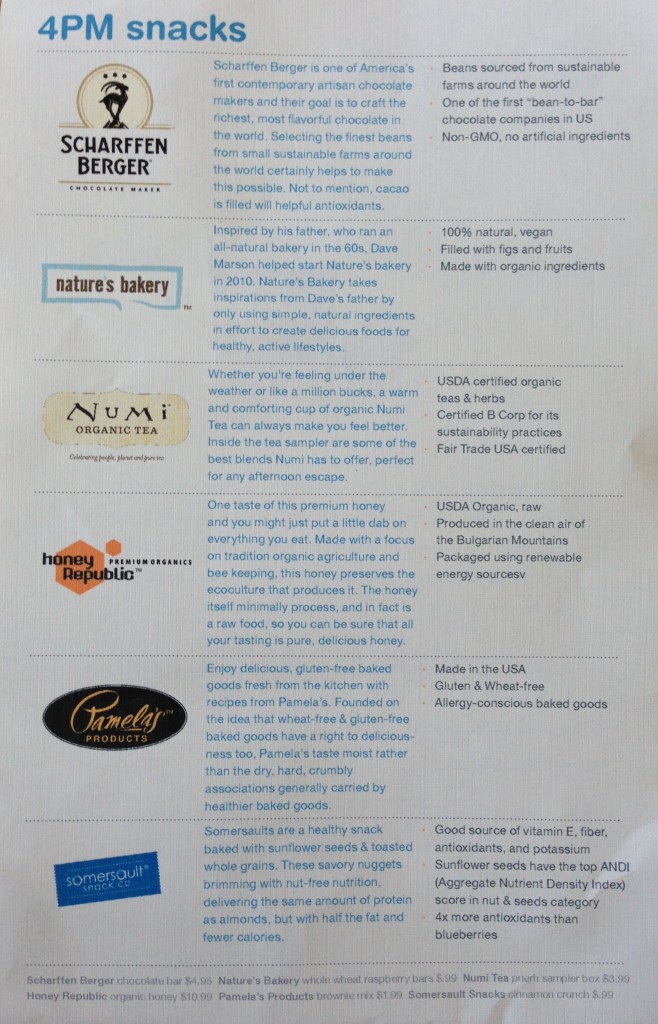Ever since I graduated college, I’ve been trying to get back into reading. I was doing pretty well in Singapore since there were a bunch of books at the office and I was pretty inwardly focused for a bit. I’ve only managed a book every month or two, but I’m still chugging along the best I can. I often take a bunch of random notes about things I want to remember and then of course it either a) doesn’t make sense when I look back or b) is rather illegible so I can’t figure out what I wrote. Sooo I figure, why not put it all together into something a little more coherent?
The Zappos Experience is authored by
Dr. Joseph Michelli, who analyzes great organizations and breaks down what they do to be successful into a blueprint for how you can adopt those strategies for your own organization’s success. He spends time within these organizations and interviews a ton of people from all departments and levels to gain his insights. I’ve actually read all his books so far and each has been useful in thinking about what behaviors create a good environment for great work to be done consistently. Tony Hsieh, CEO of Zappos, actually wrote a book of his own (
Delivering Happiness) and I think he puts it very well in his foreword for
The Zappos Experience:
Delivering Happiness shares the
why of your business while
The Zappos Experience share the
how. For that reason, I think you should read
Delivering Happiness first, if you haven’t already. Oh, and if you have no idea what Zappos is… you might want to read
Delivering Happiness.
What I got out of The Zappos Experience is that culture is vital. You tap into people’s feelings, get them invested in the company, and have a set of rituals to engage them. By creating a vibrant culture filled with coworker interactions, celebrations, and discussions, you offer something that everyone can connect with. Zappos refuses to hire those who do not fit into their company culture. They carefully evaluate the fit of the person throughout the interview and training process and even offer new hires something like $1000 to leave if they don’t feel like Zappos is home. I think a lot more companies should put more emphasis on their culture because when you do that, the entire company feels more like a unit and it lessens the potential for drama.
Another important thing you can do is investing in your people. This could be anything from offering a library of books that they can borrow from the office to sending them on training programs. When you care about your people, you should care about their development, both personal and professional. Taking care of them not only builds loyalty, but it prepares them to continue to take on greater roles. Sure, some people might take advantage of this to get the most out of it and bail, but the majority of people will really appreciate being appreciated.
Finally, I really like the idea of rituals, whether daily, weekly, monthly, or otherwise. Rituals in this sense create a predictable pattern that everyone can expect. For example, I’m sure most companies have weekly meetings, maybe even a monthly retreat. This can also cover the way you celebrate – maybe you make it a habit of having a small party whenever it’s someone’s birthday, or taking a new hire out to lunch to socialize with the team, or throwing a nighttime soiree when there’s a holiday coming up. Whatever you choose to do, I think being consistent is key. You don’t want someone left out and feeling less important! Beyond celebrations, there are the day-to-day rituals that set a tone for how work can get done as well. I was in a hair salon in China when they gathered for their morning pep talk, which included a shared chant and opportunity to point out someone who had done a great job the day before. This quick meet-up doesn’t take long, but it can start off everyone’s day on a better note and offer a chance to discuss things.
Oh and one side note that’s kind of its own topic: customer service is basically problem-solving. So if you’re the type who likes to resolve issues, a customer service-focused role might be good. Customers come to you with a problem, whether something went wrong or they just have a question. You have your own database of information and knowledge to tap into, a certain amount of resources and capabilities, and you use those to help match up what the customer wants with what you can offer. It’s often a compromise, but with some creativity, you can solve a problem in an unexpected but delightful way. Zappos is great at doing that (and even delighting when customers don’t have a problem). I love it when a company goes above and beyond to delight me and I think that sort of service really takes things to another level!
For those of you looking for ways to improve how your business (or even your life) is run, you’ll find some really great tips and thought-provoking questions in this book that will get you well on the way to a more engaged, inspired, connected experience.
 Small purses or clutches are a great way to bring along some basic things on the go without going overboard. They’re also super cute and great for mini storage needs, like a First Aid kit or using as a handy place to stuff things in your car. They make perfect makeup or toiletry bags at home or something to keep your keys, money, phone, etc. in one place when going out. Oh, and of course you could always coordinate it with your outfit to become a part of the ensemble, whether it gives things an extra pop or just blends in with your clothing. I find them to be super handy and I enjoying having a couple to switch between based on my mood. They’re sleek yet cute, making them great for many occasions.
Small purses or clutches are a great way to bring along some basic things on the go without going overboard. They’re also super cute and great for mini storage needs, like a First Aid kit or using as a handy place to stuff things in your car. They make perfect makeup or toiletry bags at home or something to keep your keys, money, phone, etc. in one place when going out. Oh, and of course you could always coordinate it with your outfit to become a part of the ensemble, whether it gives things an extra pop or just blends in with your clothing. I find them to be super handy and I enjoying having a couple to switch between based on my mood. They’re sleek yet cute, making them great for many occasions.

























